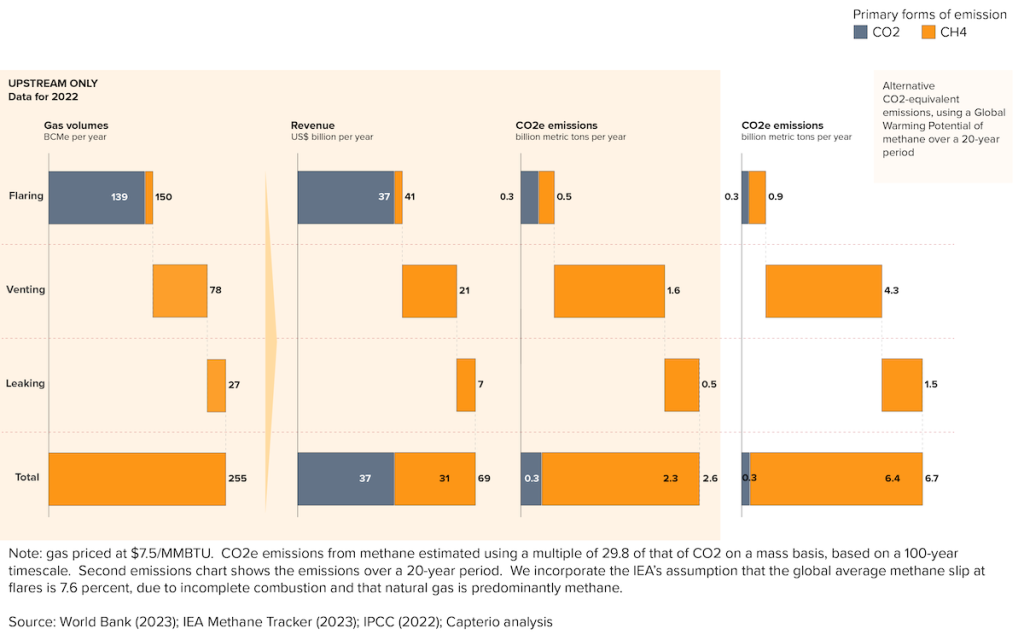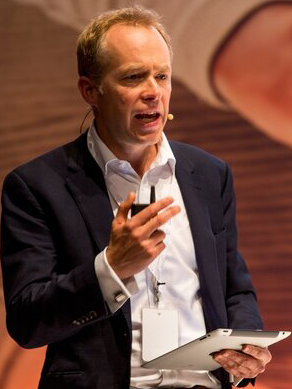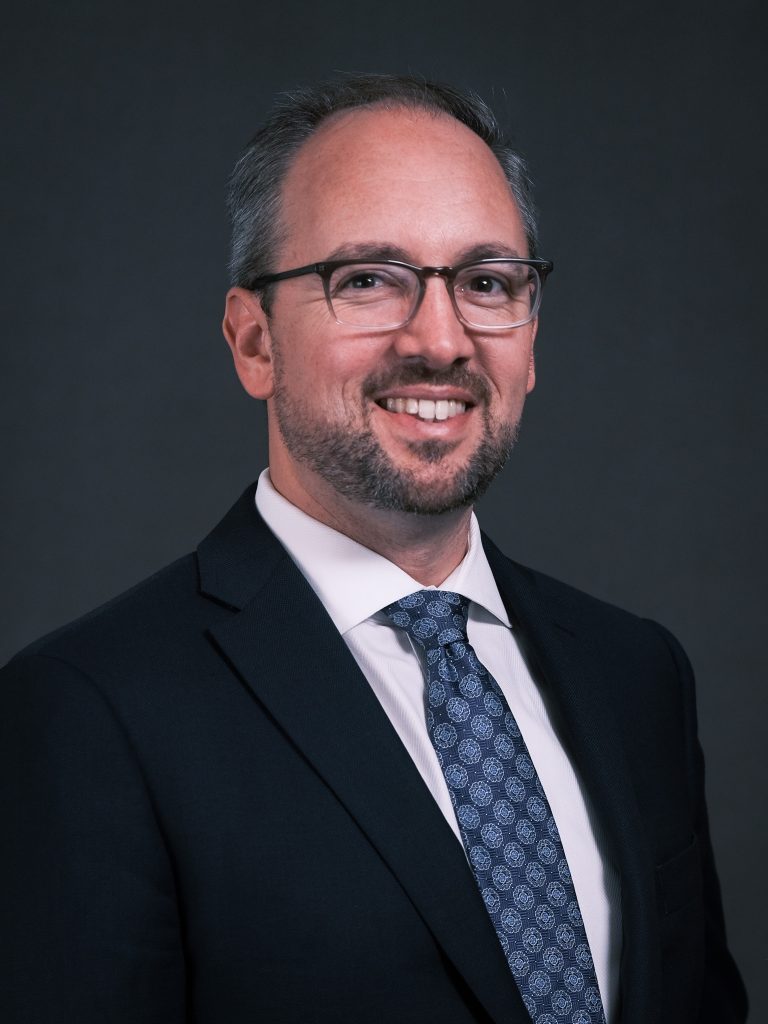Why COP28 is right to prioritize global methane and flaring reduction
The 2023 UN Climate Change Conference (known as COP28) is poised to provide a platform for the oil and gas industry to increase its ambition in reducing operational emissions, which are responsible for roughly 15 percent of greenhouse gas emissions globally. As such, COP28 will be a litmus test for the oil and gas industry’s commitment in contributing to global climate change mitigation efforts.
Emissions from flaring, venting, and leaking methane or carbon dioxide gas in the global oil and gas supply chain account for 2.7 gigatons of CO2-equivalent emissions annually, more than double that of aviation. Reductions in the oil and gas industry’s scope one and two emissions present a near-term opportunity for constructive, quantifiable, and verifiable action.
Figure 1. An overview of the scale of flaring, venting, and leaking opportunity

It is increasingly evident that the funding, technology, and business practices are in place to bring methane emissions to near-zero industry-wide, and to end the practice of routine flaring. Methane gas that would otherwise be leaked or released into the atmosphere can now be captured and sold in a way that is economically viable. Methane abatement is thus not a climate solution alone, it is a commercial opportunity, with benefits for both energy security and climate mitigation.
To make material reductions in flaring and methane, policy makers must recognize the international nature of the challenge. The top five countries with the most significant improvement opportunity are Russia, the United States, Iran, Iraq, and Venezuela (in absolute terms). The top five countries in emission intensity (a measure of waste from flaring, venting, and leaking per unit of oil and gas production) are Venezuela, Turkmenistan, Libya, Nigeria, and Algeria.
The most striking insight comes through a comparison of countries that have endorsed the Global Methane Pledge (GMP) with those that have not. Forty-six percent of the emissions reduction opportunity is within the countries that have not endorsed the GMP. The emission intensity of non-GMP countries is 1.8 times that of GMP countries.
Figure 2. Geographical breakdown of flaring, venting, and leaking
Therefore, engaging with the non-GMP countries is a critical outcome of COP28 if there is to be any chance of meeting net-zero emissions by 2050. Fortunately, there are clear economic incentives: By reducing methane flaring, venting, and leaking, countries can capture the gas and bring it to market as natural gas, generate revenue, and generate attractive returns. Fourteen countries have a revenue opportunity of more than one billion dollars annually (see Table 1 in the report).
To ensure success in this area, COP28 must prioritize three objectives: First, it should focus on developing committed engagement by emphasizing positive economic opportunities associated with methane capture and return on investment for methane abatement projects. Second, it should establish a project development fund that identifies, prioritizes, and de-risks investments, or provides technical assistance to generate investment-grade projects for operators in emerging markets and developing economies. Third, COP28 should unlock and diversify capital to scale up the deployment of proven methane abatement solutions while also showcasing and celebrating recent success cases.
ACKNOWLEDGEMENTS
As the need to address climate change becomes ever more urgent, it is important to hear from industry leaders who see each day how these challenges are playing out.
Mark Davis, the primary author of this analysis, works in this market and thus has first-hand experience as the CEO of Capterio, a company that provides analytics and solutions to methane flaring. In support of finding new solutions to the issue of methane abatement, we are publishing these recommendations and data-based analysis to help solve this global challenge.
Sign up for updates on our publications.
AUTHORS

Mark Davis is the CEO and founder of Capterio, a gas flaring solutions company, and has more than twenty years of experience in the oil and gas industry. Prior to founding Capterio, he was CEO of the downstream oil and gas quality assurance business at Intertek, where he was responsible for global operations and strategy in more than one hundred countries. He also led projects on strategy, operations, and organization at McKinsey & Company, and has worked in upstream exploration and business development at Shell International.
Davis has an MA in natural sciences from the University of Cambridge, a PhD in geophysics from the University of Liverpool, and an MBA from IMD in Lausanne, Switzerland. He is a fellow of the Geological Society of London.

Landon Derentz is senior director and Morningstar Chair for Global Energy Security at the Atlantic Council Global Energy Center. Under his leadership, the Global Energy Center devises solutions to the geopolitical, sustainability, and economic challenges of the changing global energy landscape.
During his career, Derentz has engaged in all facets of US energy and climate policy, including as director for energy at the White House, director for Middle Eastern and African affairs at the US Department of Energy, as an energy policy advisor in the US Department of State’s Bureau of Energy Resources, and as a presidential management fellow in the Office of Energy Efficiency and Renewable Energy at the Department of Energy. Derentz has deep experience building diverse coalitions across governments, the private sector, and civil society. He led US efforts to establish the Net-Zero Producers Forum and served as the US representative and vice chairman of the International Energy Agency’s standing groups on emergency questions and the oil market. Additionally, Derentz proudly served as an officer in the United States Air Force.
Derentz graduated with a juris doctor from Pepperdine University School of Law, a master of public policy from the Trachtenberg School of Public Policy and Public Administration at The George Washington University, and a bachelor of arts in communication from the University of Southern California.

William Tobin is an assistant director at the Atlantic Council’s Global Energy Center, where he focuses on international energy and climate policy. His research efforts center on energy transitions in emerging markets, clean energy supply chains and critical materials, oil and gas operational emissions, and emerging clean energy technologies.
Tobin is also active in planning and executing programming in Washington, DC, as well as internationally at the United Nations Climate Change Conference, also known as the Conference of Parties, and the Atlantic Council’s annual Global Energy Forum. He worked previously for the Department of State at a Regional Environment, Science & Technology, and Health Office; and served two members of the US House of Representatives. He is a graduate of the University of Florida, where he earned a bachelor of science in biology.
stay connected

The Global Energy Center develops and promotes pragmatic and nonpartisan policy solutions designed to advance global energy security, enhance economic opportunity, and accelerate pathways to net-zero emissions.
Image: Gas flares are seen at the state-owned oil company PDVSA, in Punta de Mata, Venezuela, April 5, 2023. REUTERS/Leonardo Fernandez Viloria
